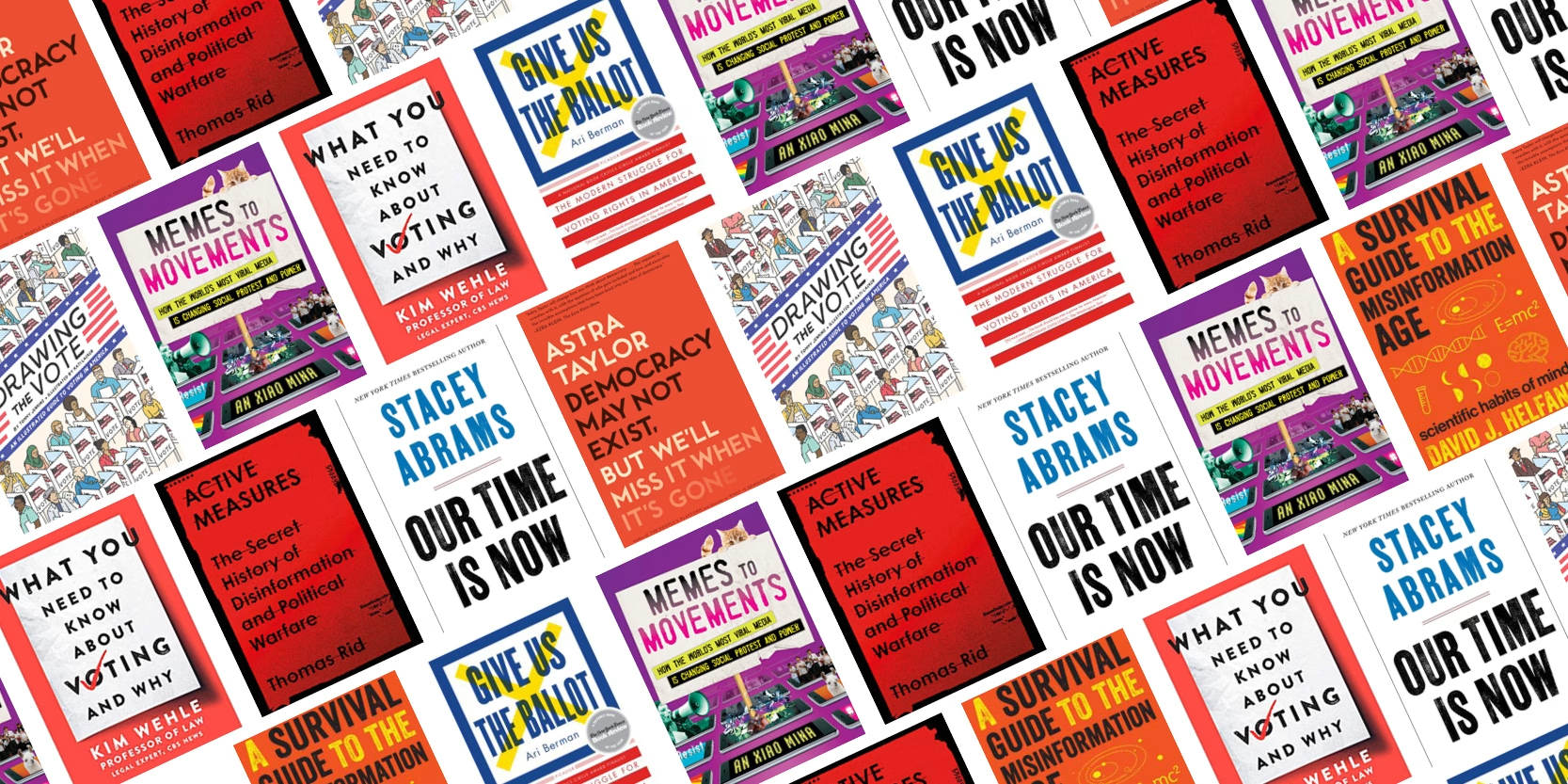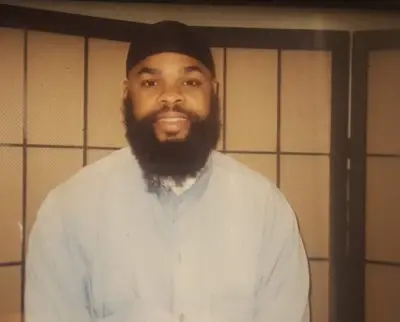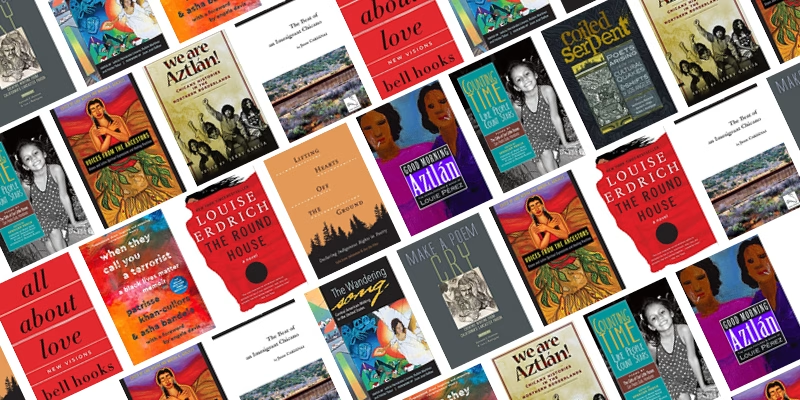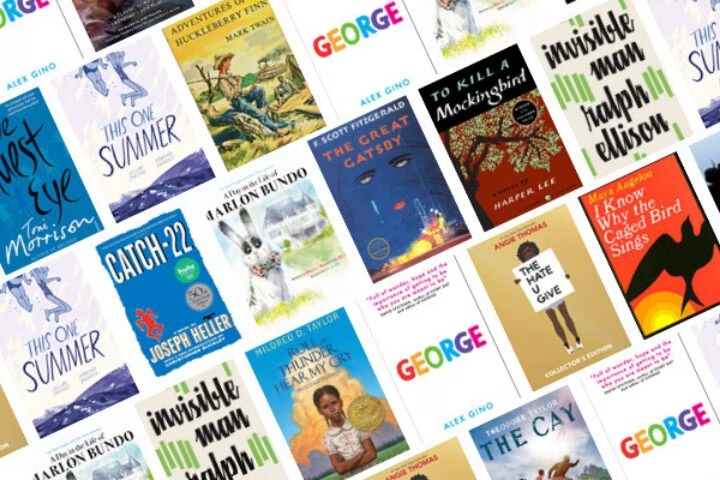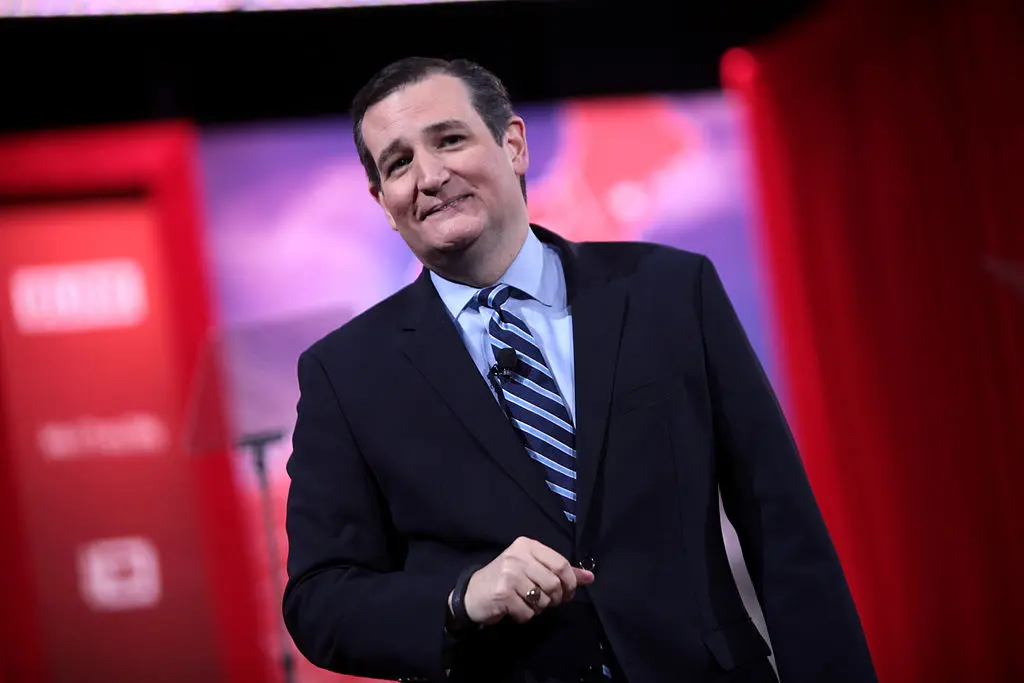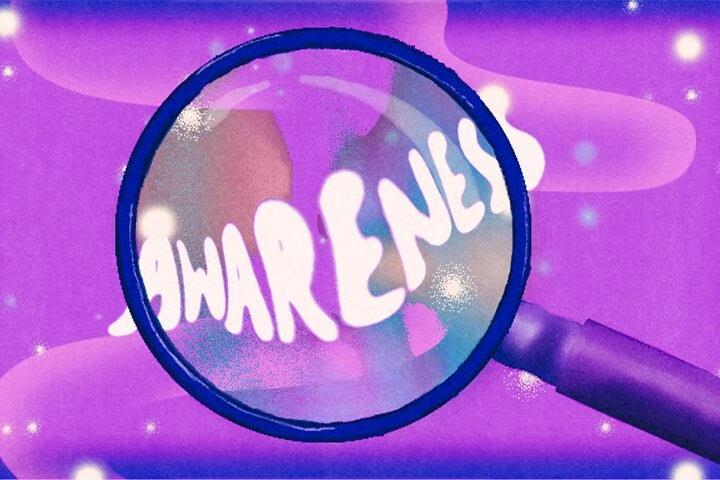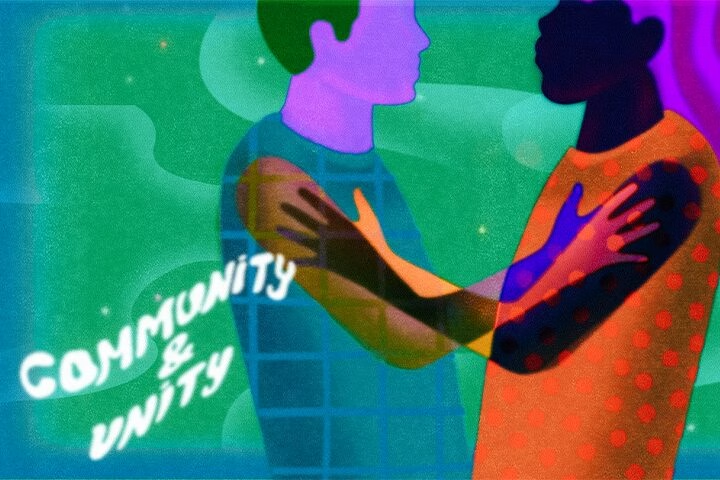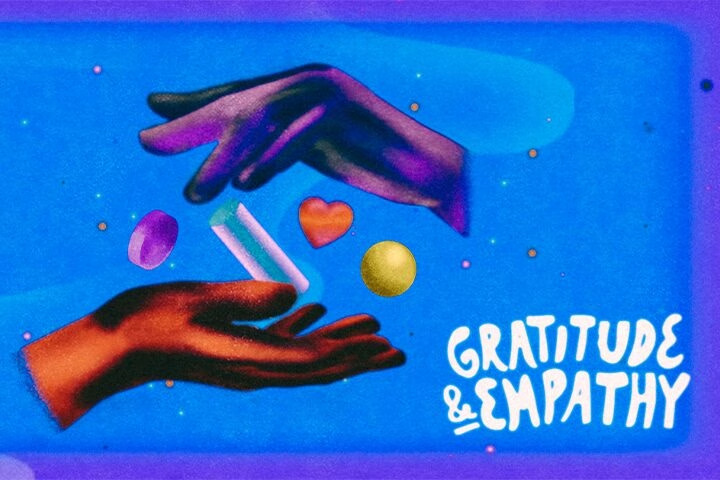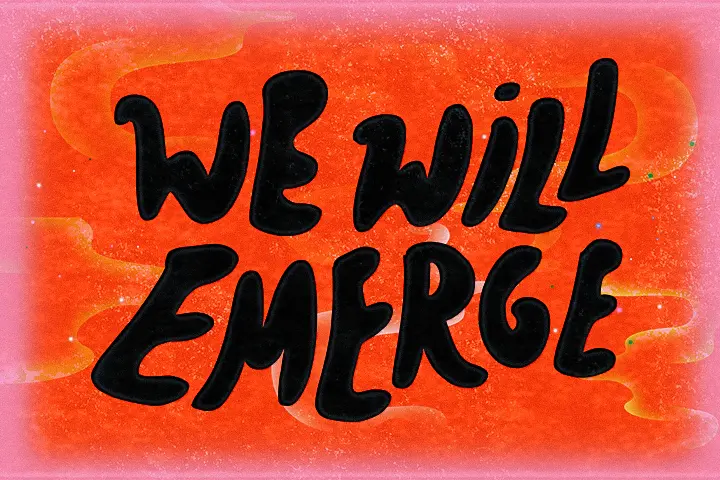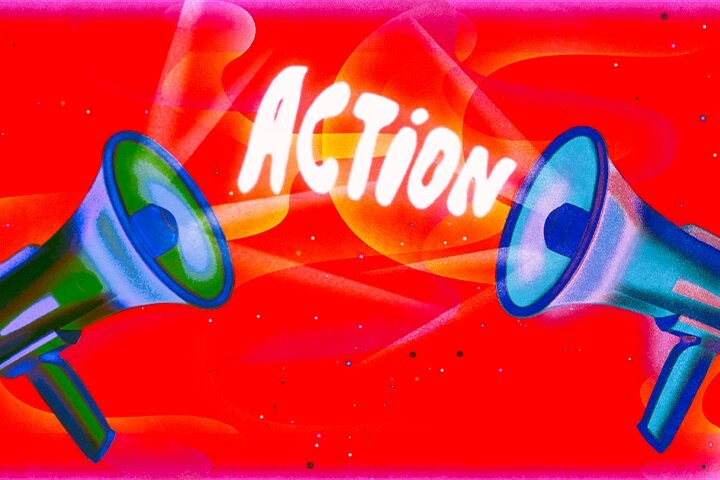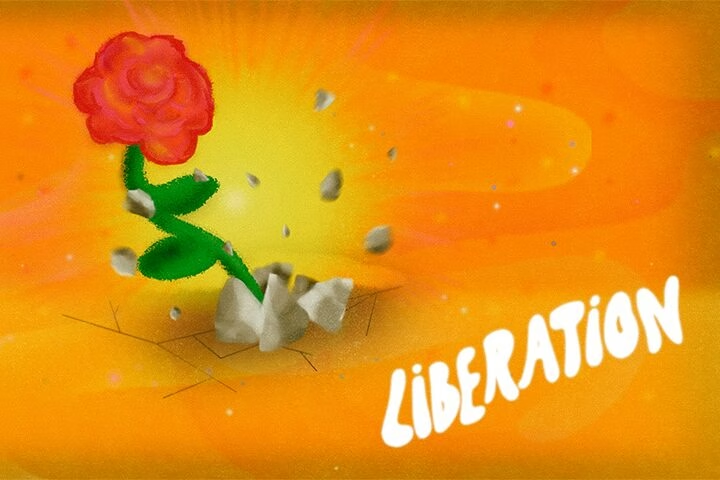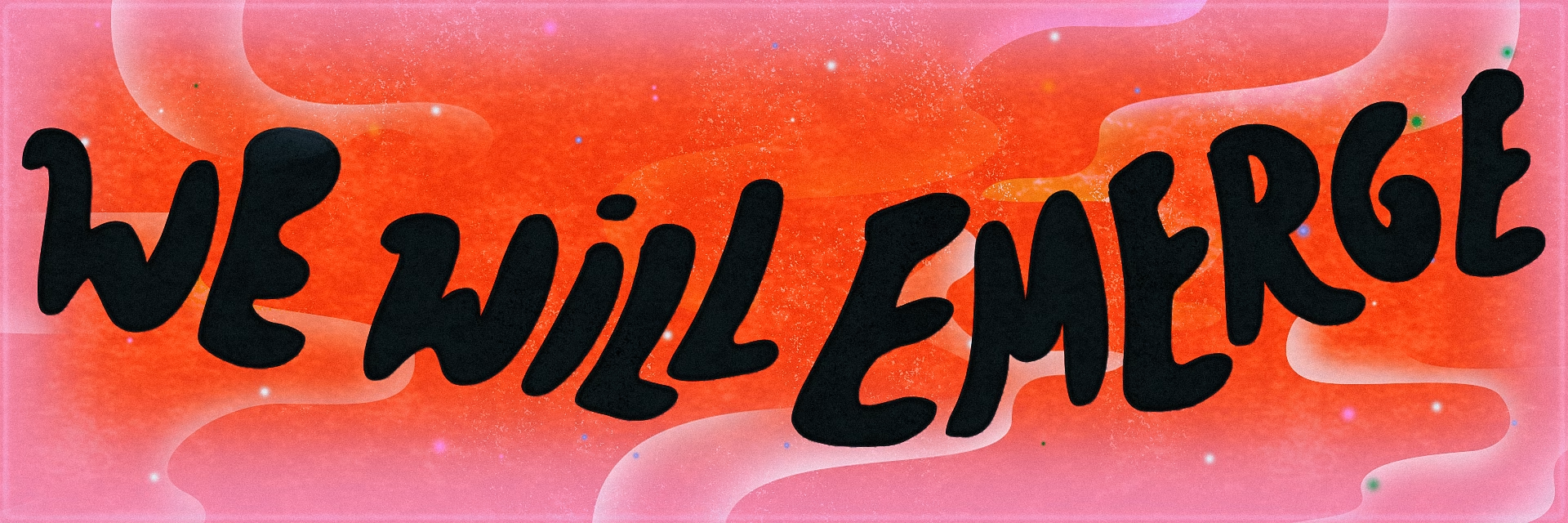
Illustrations by María Lavezzo
JUMP TO:
Election 2020 | Action | Awareness | Community and Unity | Gratitude and Empathy | Liberation
How can we be better when this nightmare is over?
That was the question Dave Eggers and I asked, as we emailed back and forth in April before George Floyd’s murder. We had the admittedly audacious hope that we could come out of the coronavirus crisis as a better people. We arrived at the phrase “We Will Emerge” and asked writers and thinkers to use that as a springboard. Dave encouraged me to take the reins from there. I thought I’d be lucky to assemble about two dozen friends. Along with PEN America, we ended up bringing together 111 writers, activists, academics, poets, and public servants in a collaborative project to imagine a blueprint for a post-COVID America. The voices represented in “We Will Emerge” were so willing and passionate that the project kept growing, fueled by a sense of urgency.
We admit this endeavor can be seen as a delusional exercise as we continue to endure a crushing pandemic that has killed over 180,000 Americans and crippled our economy.
But this moment has also inspired the largest demonstrations in U.S. history, bringing together people from around the world to march for Black Lives Matter and against police brutality and systemic racism.
This pandemic has been an X-ray for America, revealing us bare, from bone to cell. We see clearly our warts, sins, and virtues; our failures and successes; our angels and demons.
In the absence of presidential leadership, we look to our elders for wisdom, and we are reminded of the poignant words of historian Robin D.G. Kelley, who once asked, “What shall we build on the ashes of a nightmare?”
“We Will Emerge” is a humble attempt at building a vision, one that is entirely fueled by hope. However, this is not an empty gesture filled with saccharine pleasantries.
If we are to emerge, we must confront and remedy the sins of our present that have disproportionately ravaged Black and Brown communities, gutted low-income families, emboldened violence by a militarized police, exacerbated income inequality, mainstreamed dangerous disinformation, exposed the dysfunction and corruption of our institutions, and revealed the fragility of our democracy and the necessity of our shared community and humanity.
You will hear voices of pain and anger, a righteous rage demanding a reckoning. You will hear voices humbled, grateful for life and love, acknowledging a desire for human connection and hugs. You will hear calls to action, recommending policy proposals to cure inequities and injustices. You will hear yearnings for play and laughter, for delicious dining experiences, for generosity, for forgiveness, for another chance to make it right.
Hopefully, you will hear voices of an America that can still be and become better.
—Wajahat Ali

Election 2020
Amid the ongoing pandemics of public health, racial justice, and threats to democracy unfolding in our country, the need for action, awareness, community and unity, gratitude and empathy, and liberation have never been stronger. In times of upheaval and uncertainty, many of us turn to writers and artists to help us make sense of the past and the road ahead, and at PEN America, we have found a renewed sense of urgency around our central mission—to protect the freedom to write.
On the precipice of one of the most consequential elections in the history of our democracy, we asked writers Natalie Diaz, Jean Guerrero, Laila Lalami, and Alice Wong to provide their insights and reflections in this collection of essays. We hope their words—on activism, voting, the fraught history of voting rights and voter suppression for underrepresented and marginalized communities, and more—will help provide some respite, context, or clarity in this moment.
These essays are made possible with the support of Pop Culture Collaborative’s Becoming America Fund.
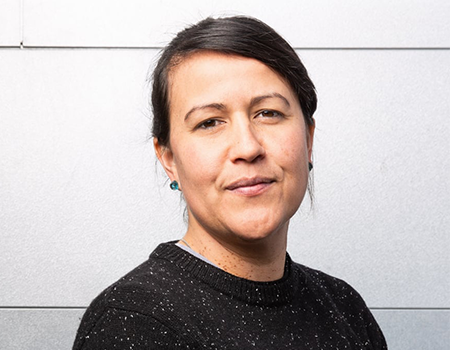
“If I might make a gift of words in this moment, it is to remind myself that I will not be alone on the other side of this vote—we will be together in that place.”
[READ NATALIE DIAZ’S FULL ESSAY]
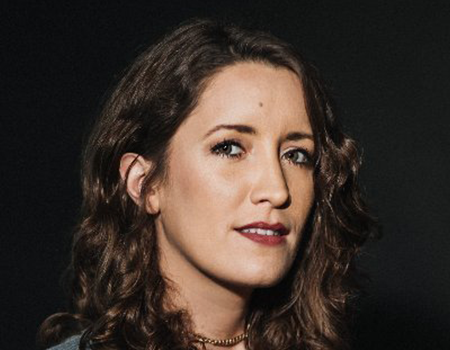
“Multiculturalism is not a threat to civilization. The only thing it threatens is extremism.”
[READ JEAN GUERRERO’S FULL ESSAY]
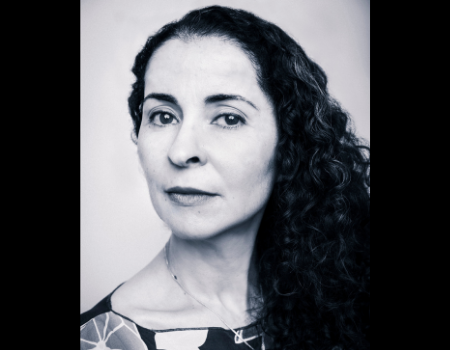
“The ballot is the only means we have to evaluate the public servants whose salaries we all pay, whether we choose to vote or not.”
[READ LAILA LALAMI’S FULL ESSAY]
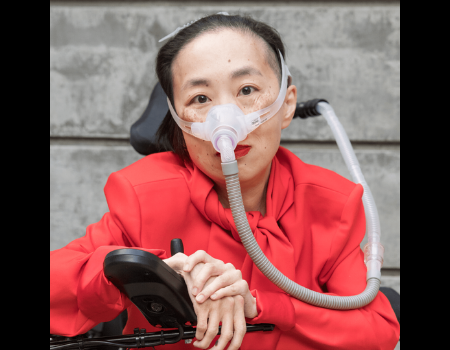
“Voting should be effortless and expanded, not a Darwinian gauntlet. No one should have to risk their health and wait in line for hours to ensure their vote is counted.”
[READ ALICE WONG’S FULL ESSAY]
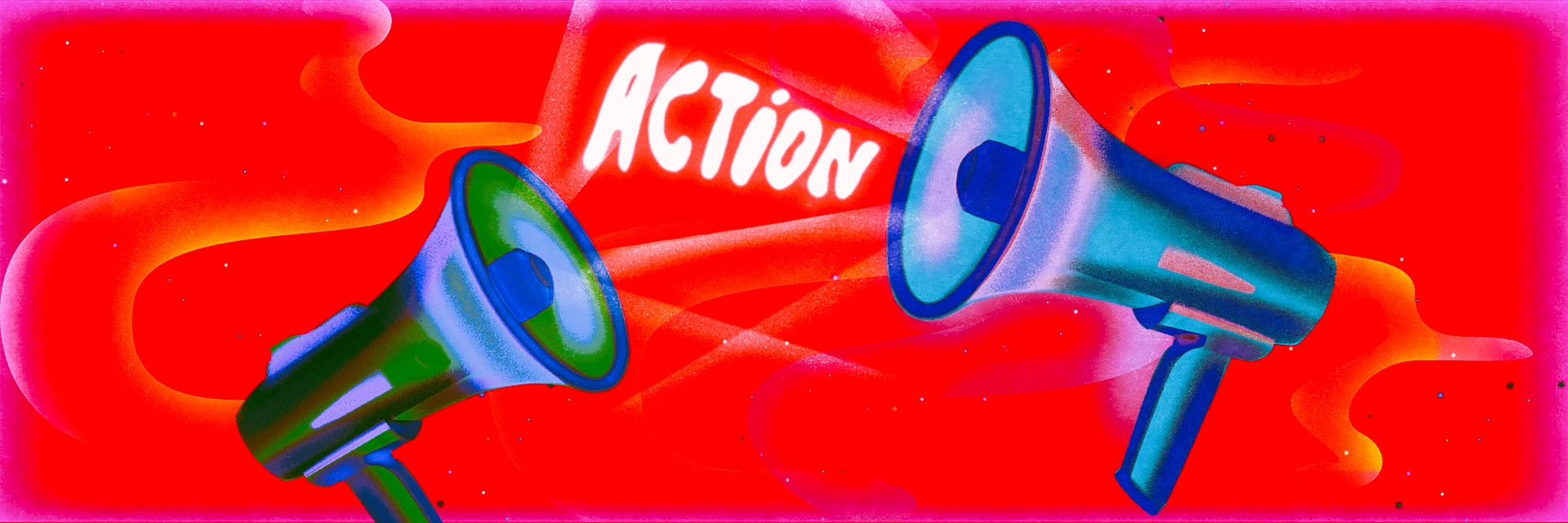
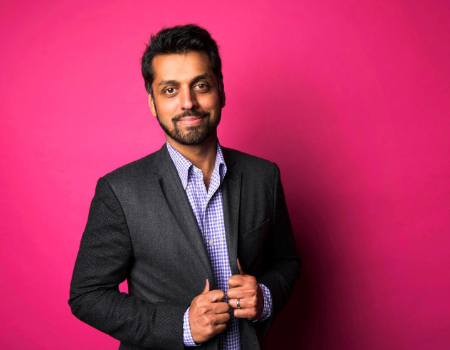
“Can our collective suffering help us find and embrace a generous spirit that allows us to reform our broken healthcare system and finally provide quality healthcare as a right to all our residents?”
[READ WAJAHAT ALI’S FULL SUBMISSION]
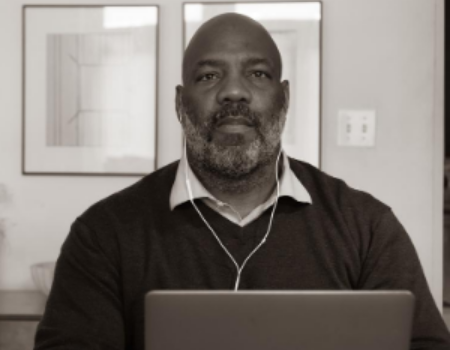
“History shows us that those who cannot be humble can be humbled. But even more basically, our attitudes are antagonistic to the idea of our common human vulnerability—a point that the virus, unfortunately, has understood from the get-go.”
[READ JELANI COBB’S FULL SUBMISSION]
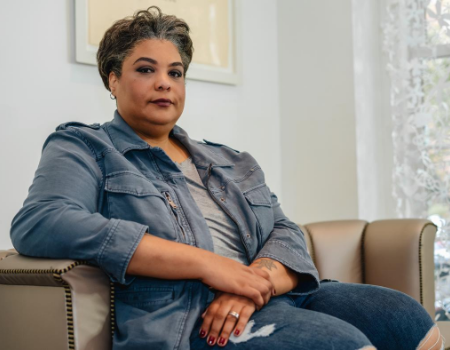
“We will emerge with purpose and rage.”
[READ ROXANE GAY’S FULL SUBMISSION]
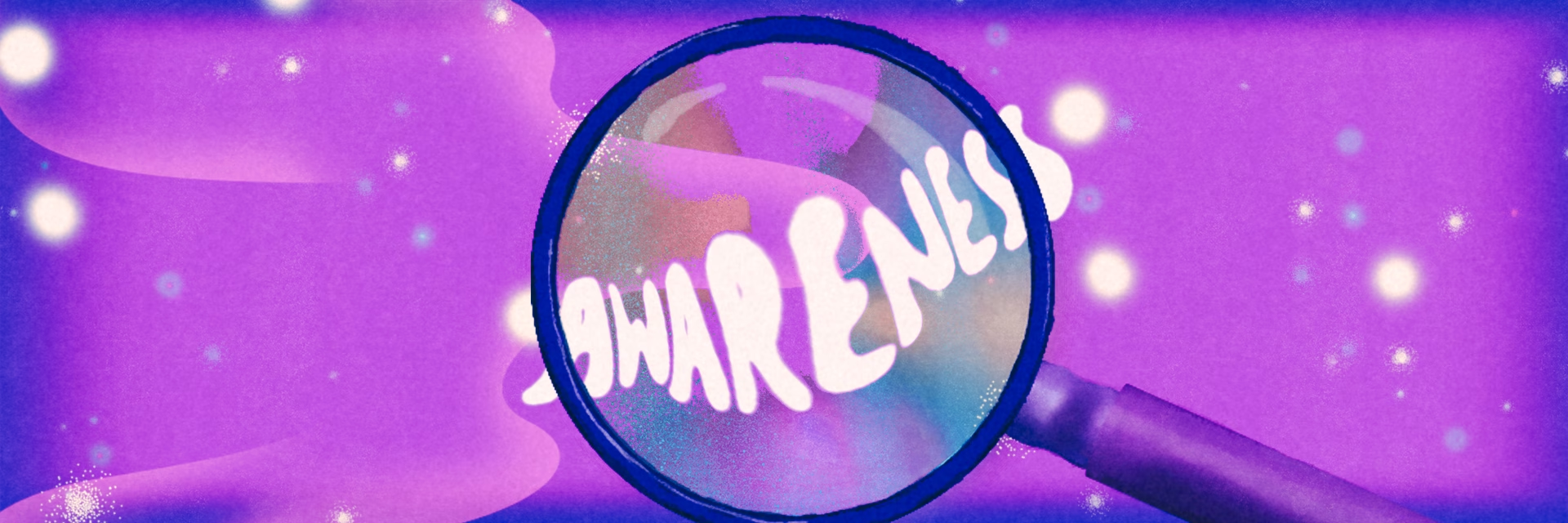
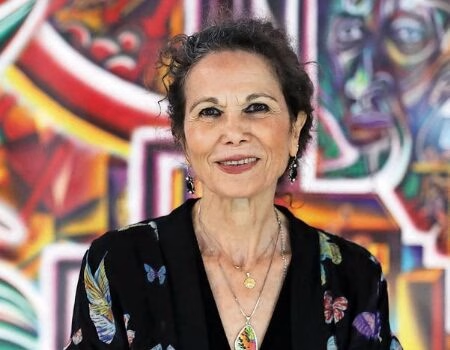
“Not until this moment are we seeing the people who make this world work: the myriad invisibles, the anonymous, the undocumented, the overworked and underpaid professionals—some of whom we don’t even grace with the status of ‘professionals’ or pay them a living wage or take care of their health.”
[READ JULIA ALVAREZ’S FULL SUBMISSION]
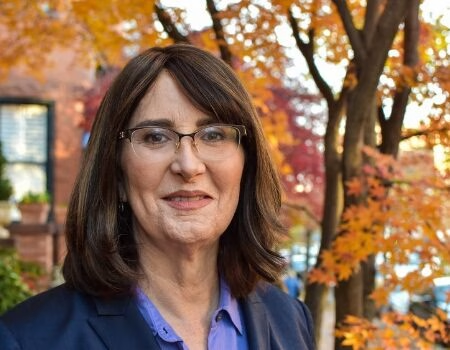
“We have always faced or ignored choices about our environment, our economy, and each other; we are living with the collective choices we have made or obdurately refused to make. Our choices and refusal to make choices always bear fruit that either nurtures us or brings us to our knees.”
[READ MARA KEISLING’S FULL SUBMISSION]
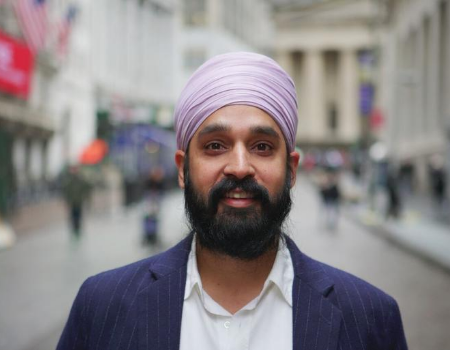
“This pandemic has jolted us into place, reminding us how much we value the things that matter most. . . This pandemic has also exposed cracks in our system we have been ignoring for far too long. We have witnessed together how lethal racism can be, and we realize now the urgency with which we must confront it.”
[READ SIMRAN JEET SINGH’S FULL SUBMISSION]
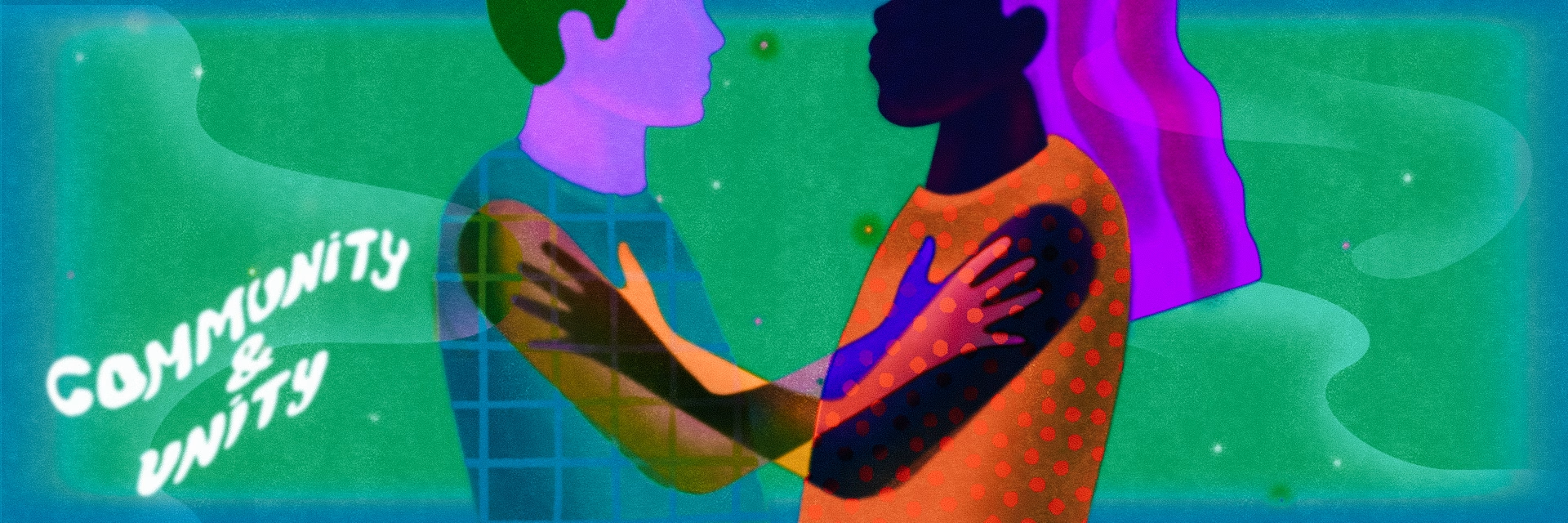
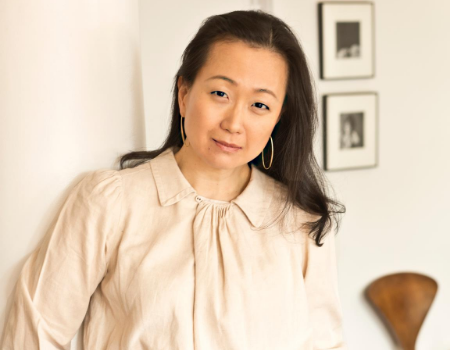
“We will emerge and be heartbroken at those we have lost. . . create a new world order, love one another, and find a better way.”
[READ MIN JIN LEE’S FULL SUBMISSION]
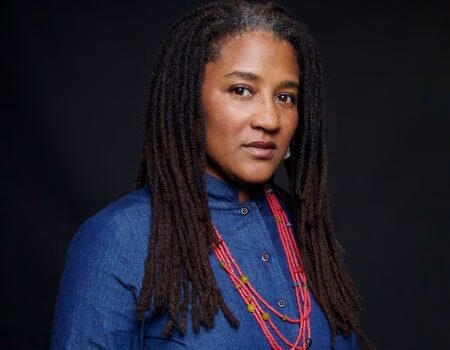
“We’ll understand that a healthy society means more than being virus-free, but extends to mindfully caring for each other with equanimity and compassion, regardless of geography, race, class, or gender identity.”
[READ LYNN NOTTAGE’S FULL SUBMISSION]
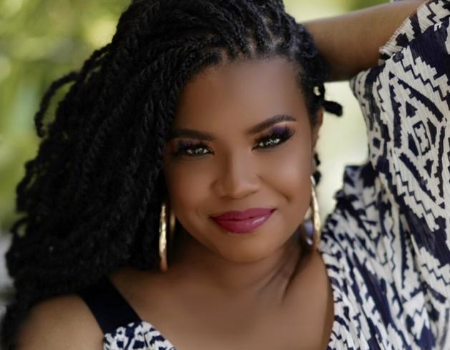
“We all should use this time to investigate ways that a seemingly small but significant change can make a difference in our own lives and in the lives of others.”
[READ APRIL REIGN’S FULL SUBMISSION]
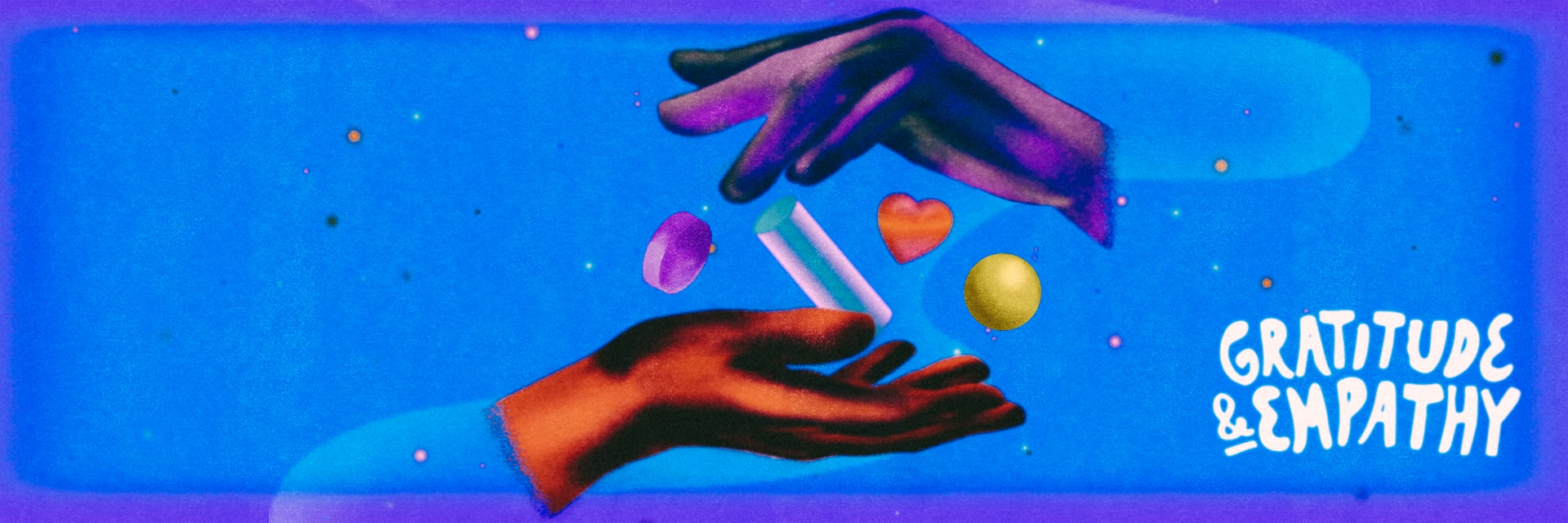
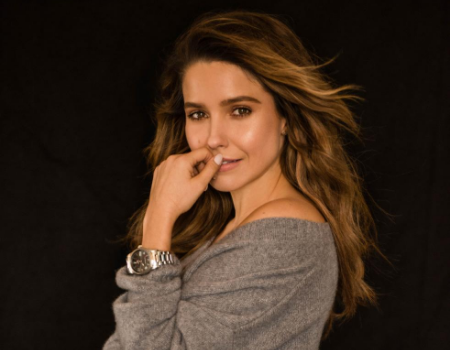
“What if we felt the weight of one another’s truths, and thus felt for each other? My hope is that the virus enables us to drop everything that we thought mattered and hold steadfast only to what does: each other. From that place, all of us shoulder to shoulder, we can change our broken systems.”
[READ SOPHIA BUSH’S FULL SUBMISSION]
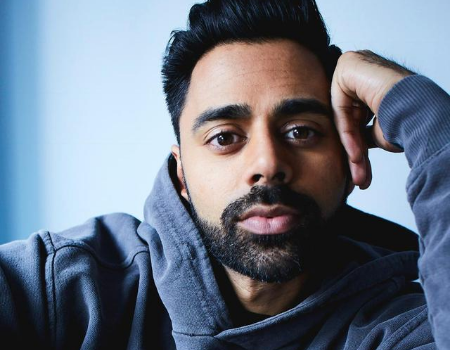
“We will emerge grateful. Grateful to be around each other, grateful for community, even grateful for less than pleasant social interactions that humiliate us.”
[READ HASAN MINHAJ’S FULL SUBMISSION]
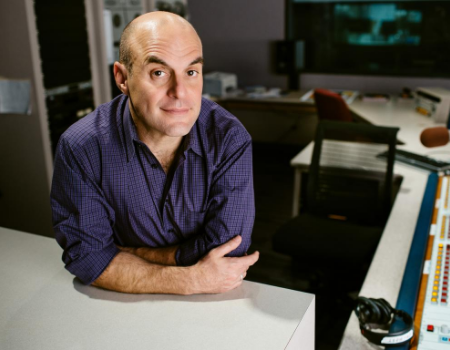
“We will emerge newly appreciative of the connections in our lives, after having been deprived of them for so long.”
[READ PETER SAGAL’S FULL SUBMISSION]
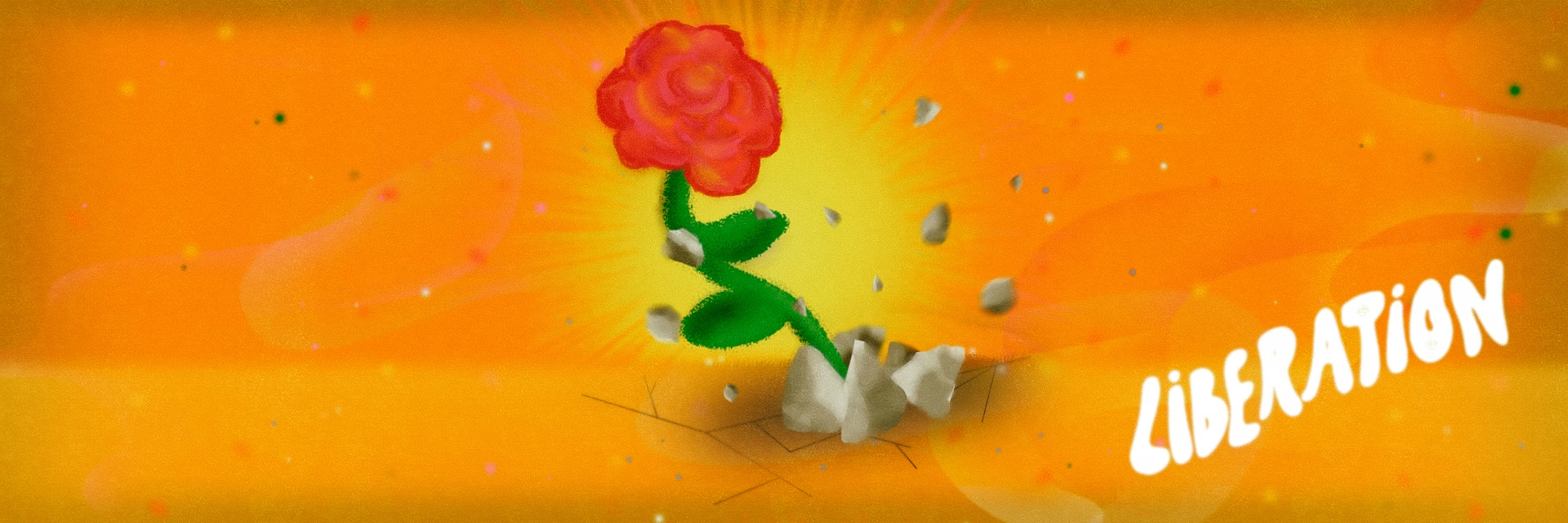
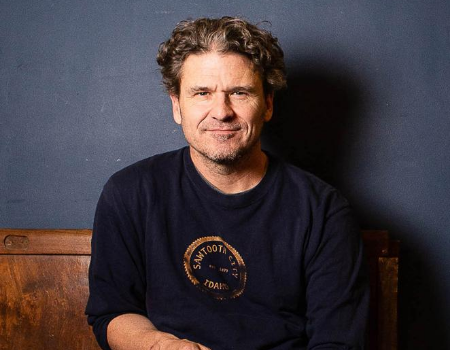
“If we are a creative and enlightened nation, surely we can think of better ways for offenders to repay society. Restorative justice works. Community service works. Rehabilitation is only logical. Putting humans in cages should be something we do—and countenance as citizens—only with the greatest reluctance.”
[READ DAVE EGGERS’S FULL SUBMISSION]

“We can and must choose to live, love, and govern more justly when the pandemic ends. We can and must choose abundance instead of scarcity, solidarity instead of charity, power shared instead of power hoarded.”
[READ BRITANNY PACKNETT CUNNINGHAM’S FULL SUBMISSION]
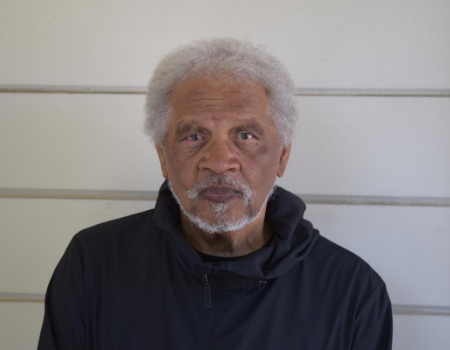
“We will emerge when the country finds a remedy for its year-round virus: white supremacy.”
[READ ISHMAEL REED’S FULL SUBMISSION]

